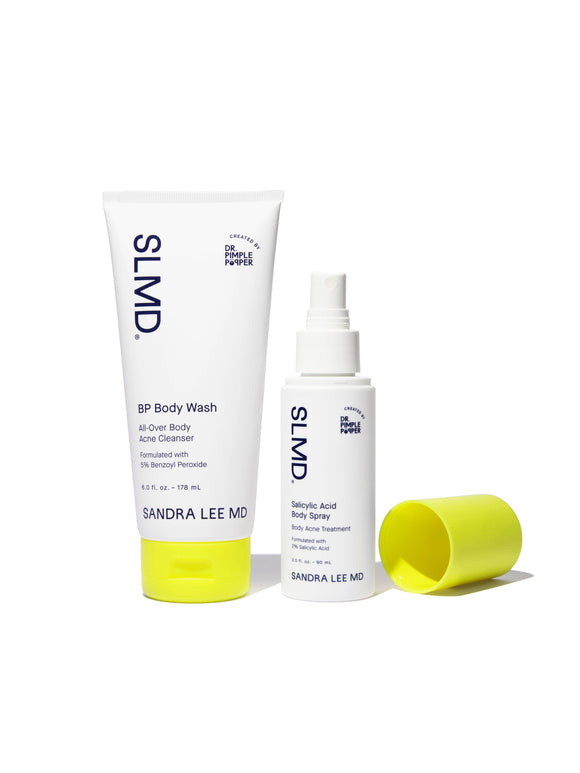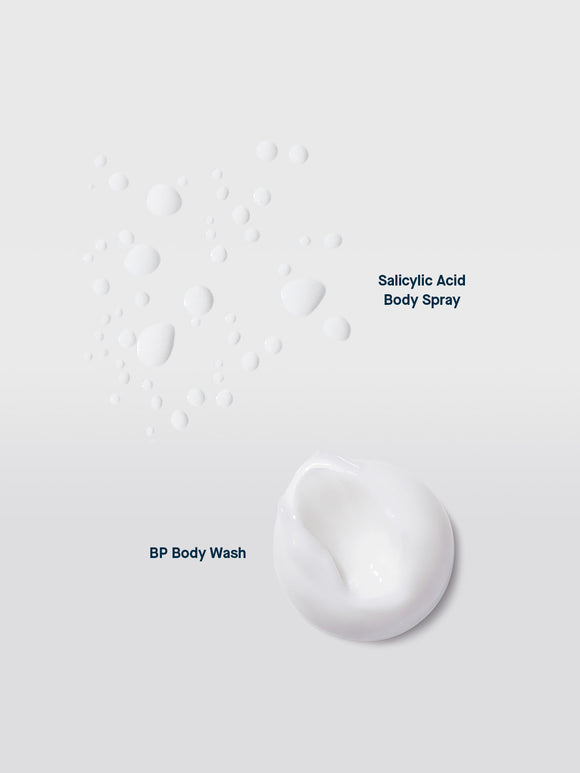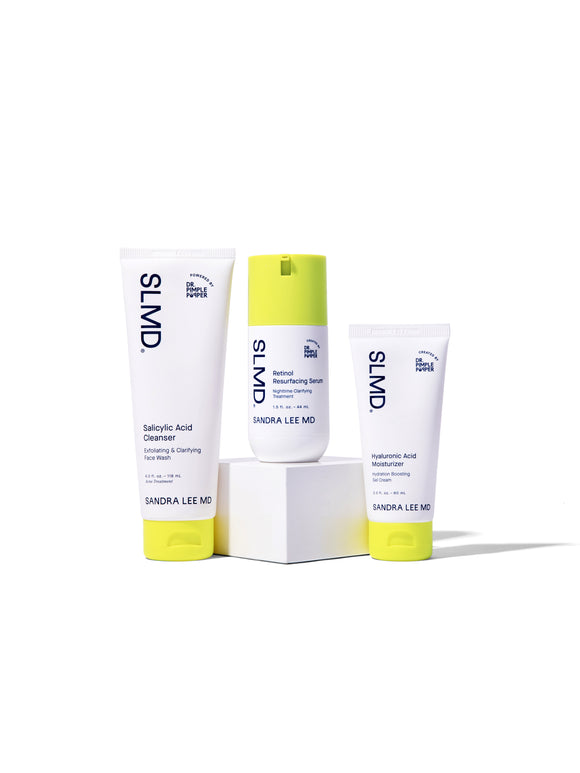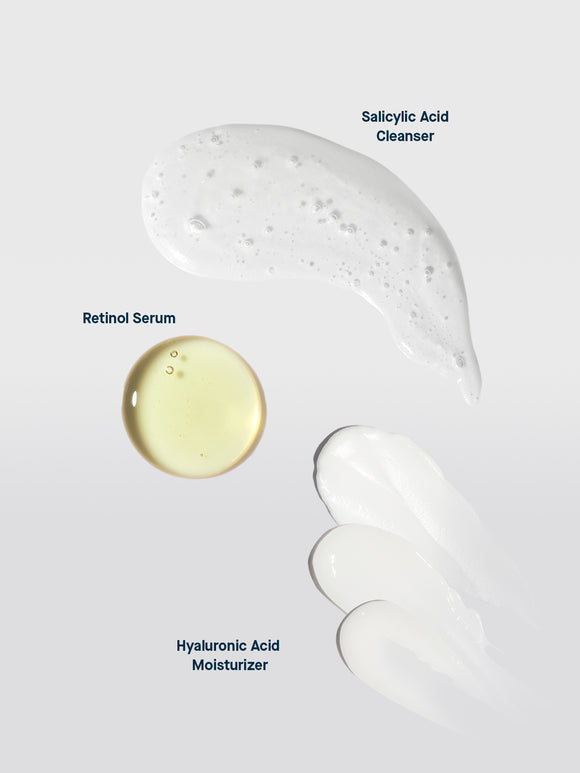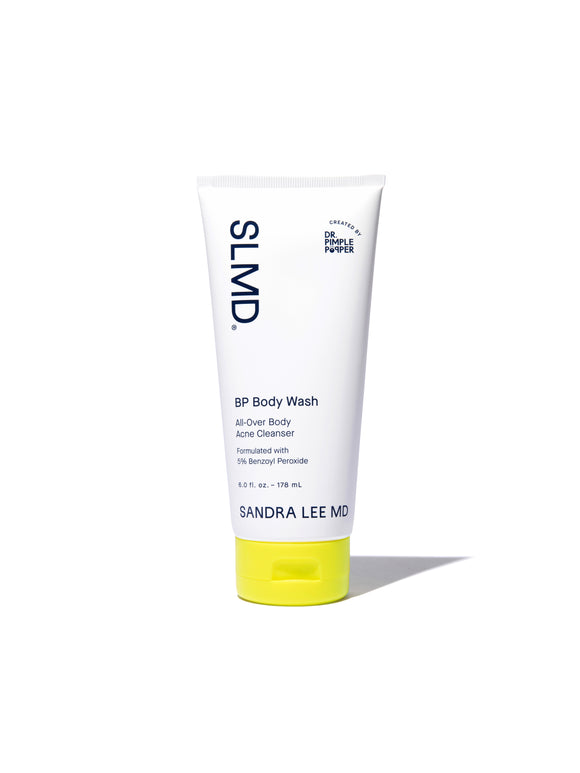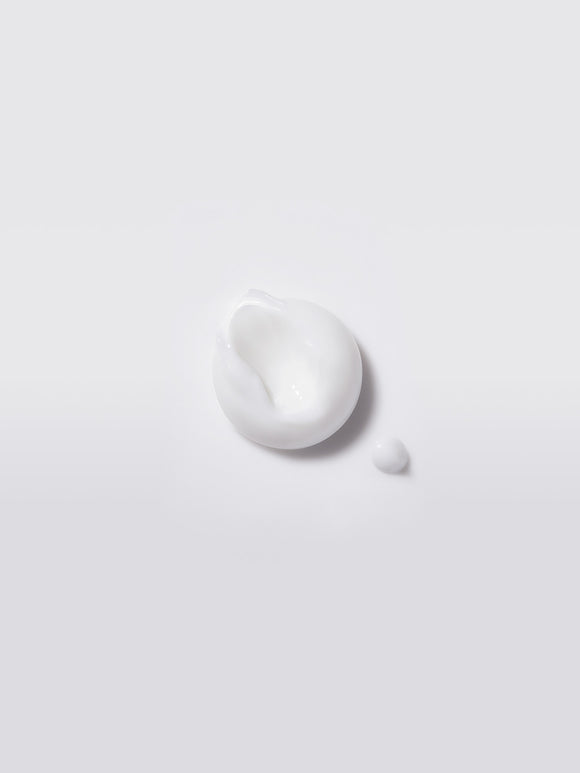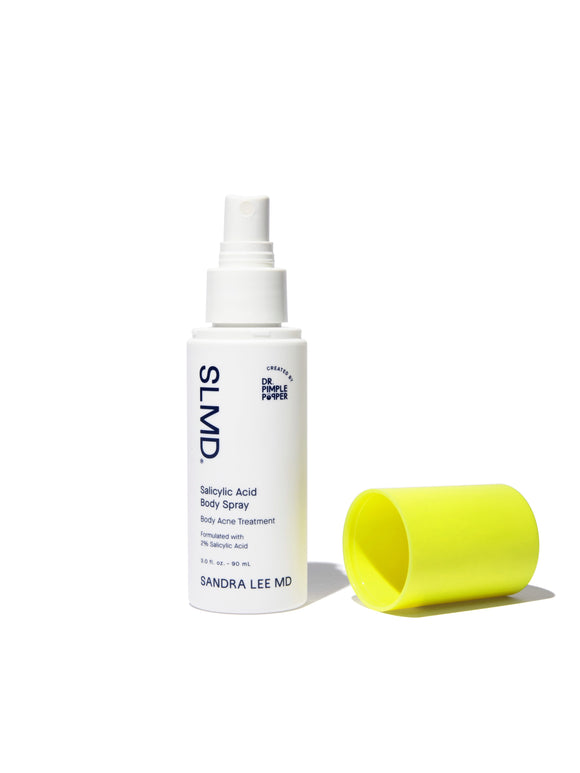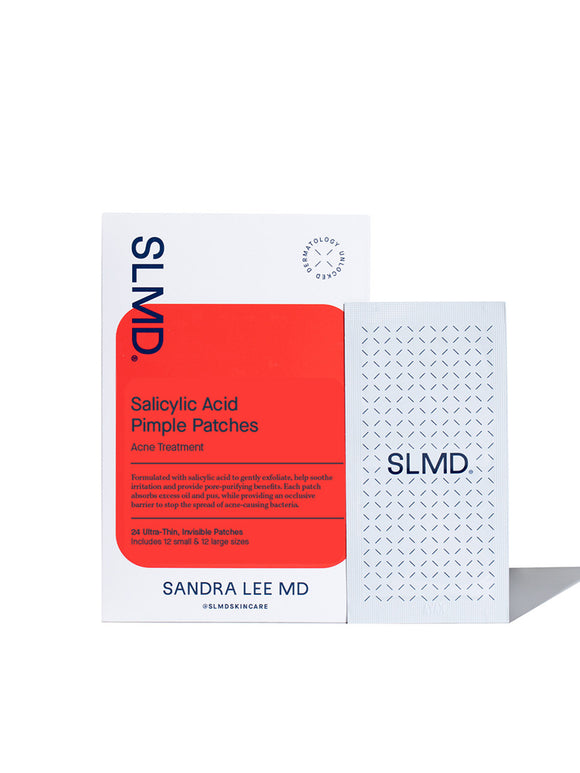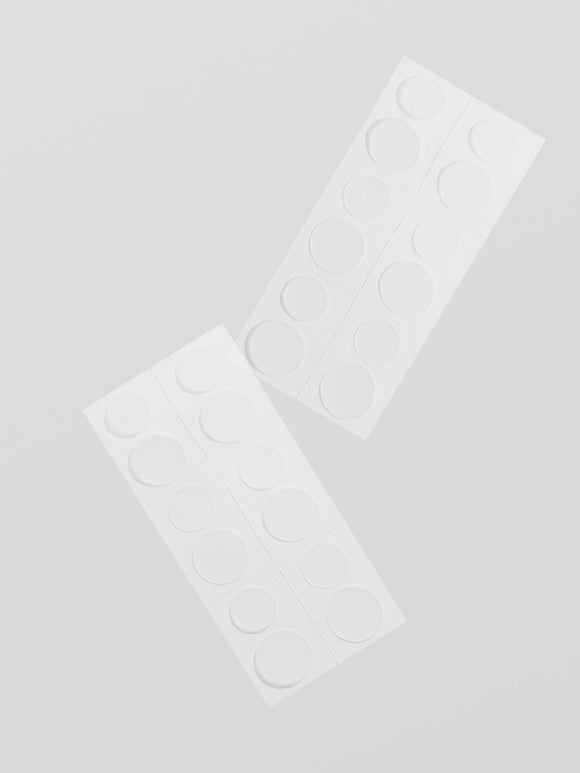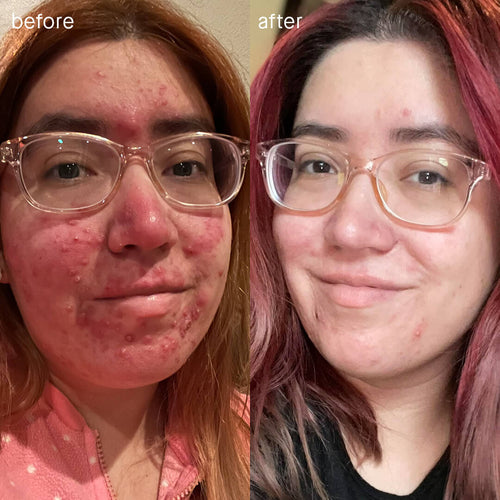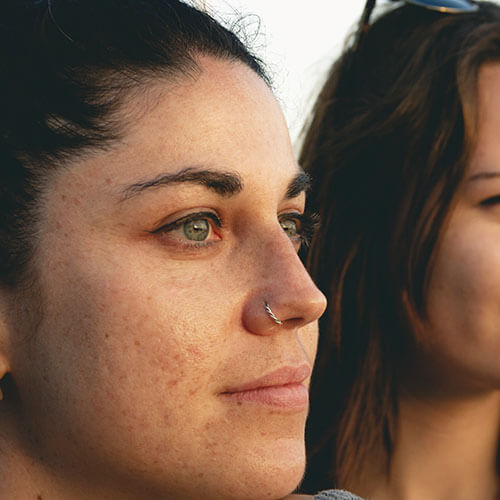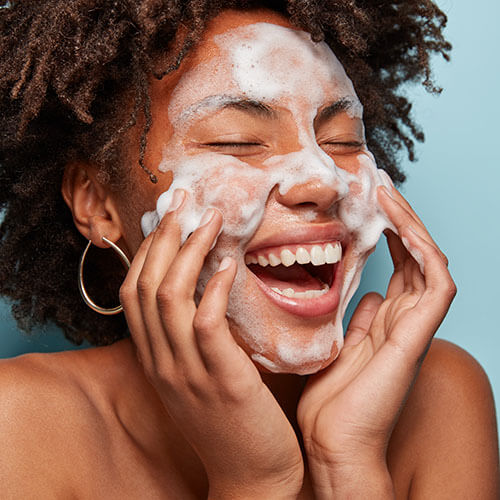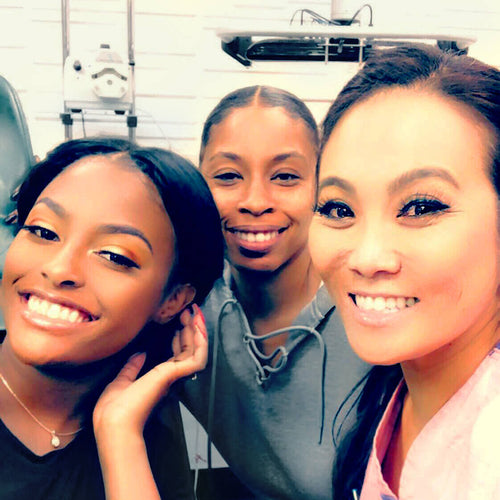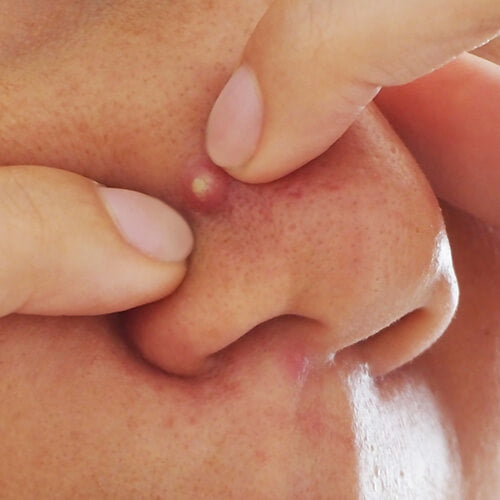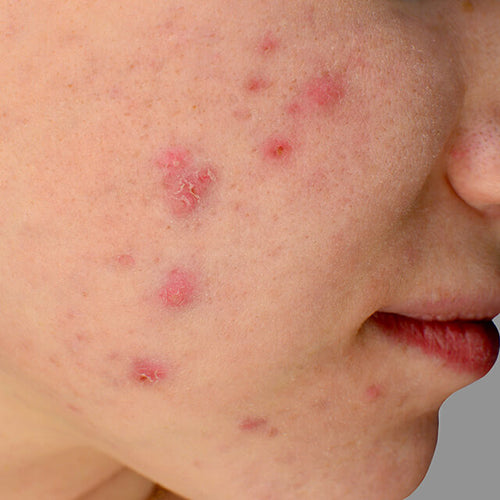
How to Talk to Friends and Family About Acne
Dr. Pimple Popper shares how to talk about breakouts — with empathy, clarity, and confidence.
Published:
3 minute read
Acne affects up to 90% of people at some point — so why is it still so hard to talk about? Because acne isn’t just skin deep. It’s closely tied to our mental health, self-esteem, and social confidence. That makes it a sensitive subject, whether you’re supporting someone with acne or navigating your own.
In this blog, we break down how to talk to friends and family about acne — including what to say, what to avoid, and how to offer (or ask for) support. Dermatologist and SLMD Skincare founder Sandra Lee, MD (aka Dr. Pimple Popper) shares her expert insights along the way.
If your friend or family member has acne
Don’t comment on their breakouts.
Even well-meaning remarks like “It’s not that bad today” can feel intrusive. Studies show that people with acne often feel judged or scrutinized by loved ones. Unless they bring it up themselves, it’s best not to mention it.
Do listen if they open up.
Talking about skin struggles can be vulnerable. If someone opens up to you, offer empathy without trying to fix the situation. Simple phrases like “That sounds really frustrating” or “I’m sorry you’re going through that” can go a long way.
Don’t give unsolicited skincare advice.
Everyone’s skin is different — and people with acne have often tried multiple solutions already. Instead of offering your favorite product, ask if they’re looking for suggestions before sharing.
Do share your own skin journey — if they ask.
If someone wants to hear about your acne experience, feel free to share — just don’t assume they should follow the same steps. What works for you may not work for them.
Don’t complain about a pimple to someone with chronic acne.
Trying to relate by pointing out your occasional pimple may come across as insensitive. Instead, focus on understanding their experience rather than comparing it to your own.
Do model healthy skin habits.
Taking care of your own skin — without preaching — can set a positive example. Consistent skincare routines and self-care behaviors often speak louder than words.
Dr. Pimple Popper's Top Acne Treatments
If your child or teen has acne
Don’t dismiss it with “It’s not that bad” or “You’ll grow out of it.”
Even if your own acne was mild or short-lived, your child is growing up in a different world — one shaped by social media, selfies, and intense appearance pressure.
Do take their concerns seriously.
Minimizing your child’s skin concerns can affect their confidence and your relationship. Starting a simple regimen — like the SLMD Acne System — is a supportive way to take action together.
If you have acne
Don’t give up if people don’t understand.
Sharing the emotional effects of acne — like how it impacts your confidence or daily routine — can help others understand what you’re going through. For younger readers, this can also help parents become more involved in seeking treatment options.
Do practice empathy, too.
Not everyone knows how to respond to skin concerns. Try to remember that their reaction might reflect their own insecurities or discomfort — not your worth.
FAQ: Talking about acne and supporting skin health
Q: What’s the best way to support someone dealing with the emotional effects of acne?
A: Listen without judgment, and avoid commenting on their breakouts. Acne often affects mental health, so offering empathy — not advice — is the most helpful thing you can do.
Q: How do I talk to my teen about acne without hurting their feelings?
A: Validate their experience and avoid phrases like “you’ll grow out of it.” Teens face social and emotional pressure, so consider starting them on a proven, over-the-counter acne treatment (like the SLMD Acne System).
Q: What are some things you shouldn’t say to someone with acne?
A: Don’t minimize their condition, offer unsolicited skincare tips, or compare your occasional breakout to their chronic acne. These comments can worsen the psychological impact of acne.
Q: I have acne and feel embarrassed to talk about it — what should I do?
A: It’s completely normal to feel that way. Try explaining how your acne affects your daily life and mental health. If someone is unsupportive, seek help from a dermatologist or explore trusted resources on acne and emotional well-being.

Dr. Lee's Last Word
When it comes to talking about acne, my advice is to really listen. Acne is the most common skin condition in the world, and it can take a toll on mental health and quality of life. But when we communicate with compassion, it becomes easier to find the right support and take steps toward clearer skin.





